Does a VPN slow down your internet?
Online privacy is critical, but it shouldn’t come at the cost of sacrificing speed. Learn why VPNs can affect connection speeds, how to boost performance, and why a top-performing VPN built for both security and speed makes all the difference.

By complicating the route your data takes across networks, even the best VPNs can cause a slight drop in internet speed. Think of it as taking a scenic back road instead of a hectic highway — it’s safer and more private, but it may take a bit longer.
But fully-optimized, top-performing VPNs are so fast these days, the impact is negligible. And the good news is, if you are noticing lag, there are steps you can take to speed up your VPN connection.
Why does a VPN slow down your internet?
A VPN can slow down your internet slightly because it adds extra steps to your connection. When you connect, your traffic is encrypted and routed through a secure server before reaching its destination. This process takes time, which can reduce your speed.
With a high-quality VPN, the slowdown is usually minor or barely noticeable. However, users of free or low-quality VPNs often report significant lag, which can sometimes make apps nearly unusable. The difference is most noticeable during high-bandwidth activities like streaming or gaming, where low latency is essential.
Here are a few common reasons a VPN might slow down your connection:
Encryption overhead
Encryption is the process VPNs use to scramble your data and protect your privacy online. While essential for security, the extra work your device and the VPN server must do to encrypt and decrypt your data can slightly impact transfer speeds.
More complex VPN protocols require additional processing power and time. Top VPNs, like Norton VPN, use robust options such as WireGuard, OpenVPN, Mimic, and IPsec. Because some protocols are faster than others, Norton lets you manually select the one that best matches your priorities, whether that’s turbocharged speed, security, or simplicity.
VPN server distance
A VPN works by routing your internet traffic through secure servers. Generally, the farther the server is from your location, the longer it takes for data to travel. So, if you’re looking for faster performance, you should choose a server closer to where you are.
That’s why using a VPN with a wide network of servers in different countries and cities is important. With Norton VPN, you can choose from more than 100 server locations worldwide and automatically connect to the fastest option, whether it’s in your country or in another region you select.
Additionally, enhanced features like Double VPN, which routes your traffic through two VPN servers in different locations, can add another layer of privacy. But it may also increase the distance your data travels, potentially slowing speeds even further. Use this feature when security is your top priority — not for casual browsing.
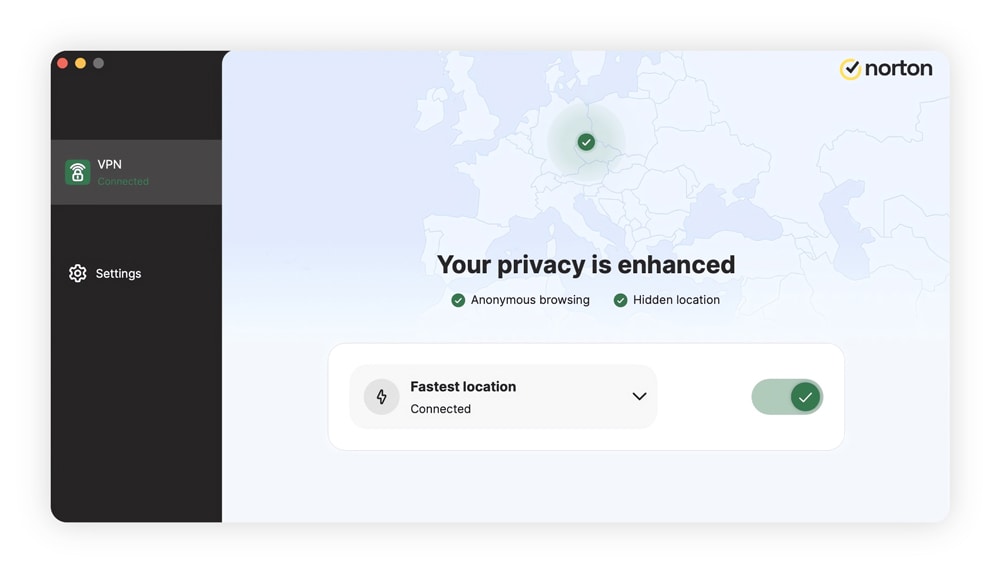

Server load
Beyond server distance, the amount of traffic a server handles at any moment can also affect your connection speed. For example, popular locations like Atlanta or Chicago may see slower performance during peak times due to high user demand, a trend highlighted by recent data center growth in these markets.
This issue is more common with low-quality VPNs that offer limited server options, resulting in too many users crammed onto the same servers. VPN providers with a larger, more robust infrastructure can distribute the traffic more efficiently and maintain faster speeds.
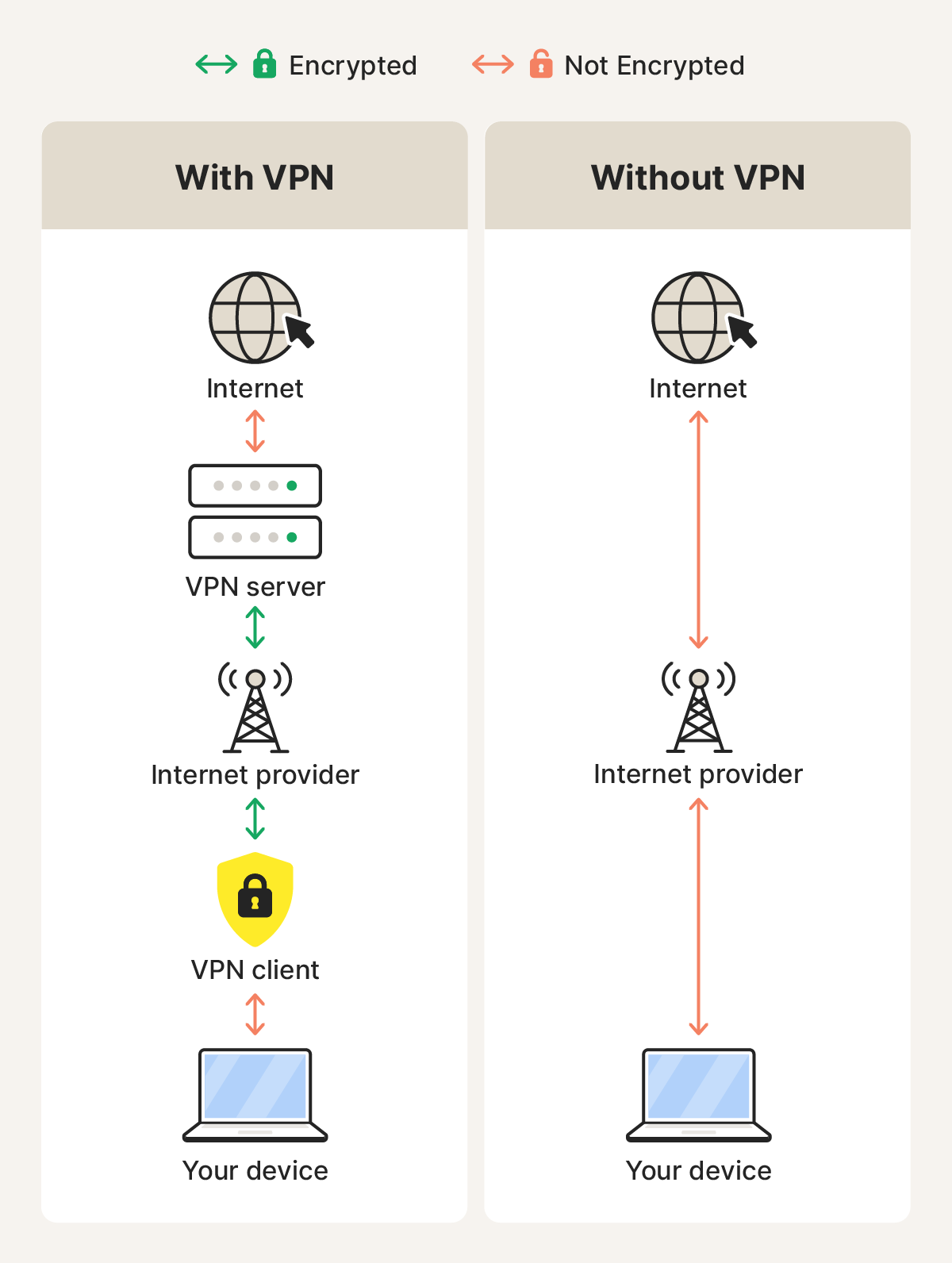

11 quick fixes to make your VPN run faster
While you can’t completely eliminate VPN slowdowns, there are several actions you can take to help improve your connection speed. Try these steps to troubleshoot and boost your VPN performance:
1. Switch to a different server location
Switching to a different server location is one of the quickest and most effective ways to improve VPN speed. Connect to one closer to your location so your data travels a shorter distance. For example, if you’re in Chicago, you’ll likely find a New York server faster than one in London or Tokyo.
Slow speeds can also happen if a server is overloaded. For instance, a city like New York may have more users connected, which can reduce performance. Using servers in less popular locations can help you avoid these slowdowns.
2. Change VPN protocols
Switching VPN protocols can sometimes boost your connection speed. Choose a protocol best suited for what you’re trying to do.
Here are a few protocols VPN providers may offer:
- WireGuard: Use this protocol for speed and ease of use.
- OpenVPN: Use this protocol for strong security and flexibility.
- Mimic: Use this Norton VPN proprietary protocol to disguise VPN traffic and access content.
3. Use a wired connection
Using a wired connection instead of Wi-Fi usually provides faster, more stable speeds and can offset most VPN-related slowdowns. A wired setup also helps prevent the buffering, lag, and dropped connections that often occur with wireless networks, which are more vulnerable to interference and congestion.
4. Restart your device and router
Try restarting your router and device to resolve slow speeds. Rebooting clears temporary files, closes background processes, and resets memory to refresh your system and improve performance.
5. Turn off unnecessary background apps
When using a VPN, you can help boost your speed by closing background apps you’re not using to free up bandwidth and processing power.
6. Update your VPN app
Like any app, VPNs need regular software updates to perform their best. Keeping your VPN app up to date helps maintain fast speeds while giving you access to new features and critical security patches.
7. Enable split tunneling
Split tunneling is a VPN feature that can help improve speeds by letting you choose which apps or site data you want to route through the VPN tunnel, while routing other traffic directly to the internet.
For example, you might route your online banking app through the VPN to protect your sensitive information, while streaming movies outside the VPN to avoid buffering.
8. Try a different device
At times, slow internet speeds aren’t caused by the VPN itself but by your device. Older devices with limited processing power can struggle to handle the extra work of encrypting and decrypting data, while newer devices with faster processors often run VPNs more efficiently.
For example, if your phone is slow, try connecting to the VPN on your computer to see if your device is the problem.
9. Disable your firewall or antivirus temporarily
In some cases, firewalls or antivirus software can interfere with VPN connections and slow your speeds. To check if this is the cause, temporarily disable them and test your connection. If performance improves, try adjusting your firewall or antivirus settings to allow the VPN to function optimally. Just remember to turn them back on afterward — they’re essential for keeping your device secure.
10. Switch VPN services
Sometimes, the slows speeds are an unavoidable feature of the VPN itself. For example, free VPNs often have fewer servers, which can lead to overcrowding and sluggish connections. Consider a top-performing VPN service like Norton VPN for more reliable performance that won’t slow you down.
Can a VPN actually increase internet speed?
While the steps VPNs take to secure your data generally lead to slightly slower speeds, you may actually notice faster speeds in some cases. That’s because some internet service providers (ISPs) intentionally slow down, or throttle, internet speeds to manage traffic during peak times.
One of the benefits of a VPN is that it hides your internet traffic from your ISP, allowing you to bypass any throttling. To test if your ISP is throttling your connection, conduct a speed test with and without your VPN turned on to see if your connection is slower without it.
Here’s how to conduct a VPN speed test:
- Choose a speed test tool: Use a trusted website or app like Speedtest.net or Fast.com.
- Pause your VPN: Temporarily turn off your VPN to test your raw connection.
- Run the test: Click Start or Go and note your download, upload, and ping speeds.
- Test with your VPN on: Turn your VPN back on, run the test again, and compare results to see if your connection speed improves.
Choose a VPN that won’t drag you down
Norton VPN gives you the best of both worlds — powerful security and fast, reliable connections. With a global network of high-speed servers, split tunneling, and bank-grade encryption, you get the privacy you need and the performance you expect, whether you’re streaming, gaming, or on the go.
FAQs
How much does a VPN slow down the internet?
Some reviewers report that VPNs typically reduce speeds by 10–20%. Other sources like Tom’s Guide note that new VPN protocols like Wireguard deliver excellent speeds and that the connection time differences are negligible.
Does a VPN slow down the internet on an iPhone?
Using a VPN on an iPhone can sometimes slow down your internet connection. To minimize VPN-related phone slow downs, close unnecessary apps running in the background that may be taking up processing power and bandwidth.
Does a VPN slow down gaming?
Yes, a VPN can sometimes slow down gaming and cause lag. To minimize this, choose a gaming VPN designed to prioritize speed and optimize performance for online play.
How do I find a VPN that won’t slow me down?
To find a VPN that won’t noticeably slow you down, look for one that has the following VPN essentials: a large network of servers, fast and reliable protocols, and the ability to automatically connect to the fastest server.
Does Norton VPN slow down the internet?
Like any VPN, Norton VPN may cause a slight reduction in internet speed due to the encryption and rerouting process, but the impact is typically minimal. Performance optimization features include automatic connection to the fastest available server and ultra-efficient encryption protocols to reduce latency.
Editorial note: Our articles provide educational information for you. Our offerings may not cover or protect against every type of crime, fraud, or threat we write about. Our goal is to increase awareness about Cyber Safety. Please review complete Terms during enrollment or setup. Remember that no one can prevent all identity theft or cybercrime, and that LifeLock does not monitor all transactions at all businesses. The Norton and LifeLock brands are part of Gen Digital Inc.


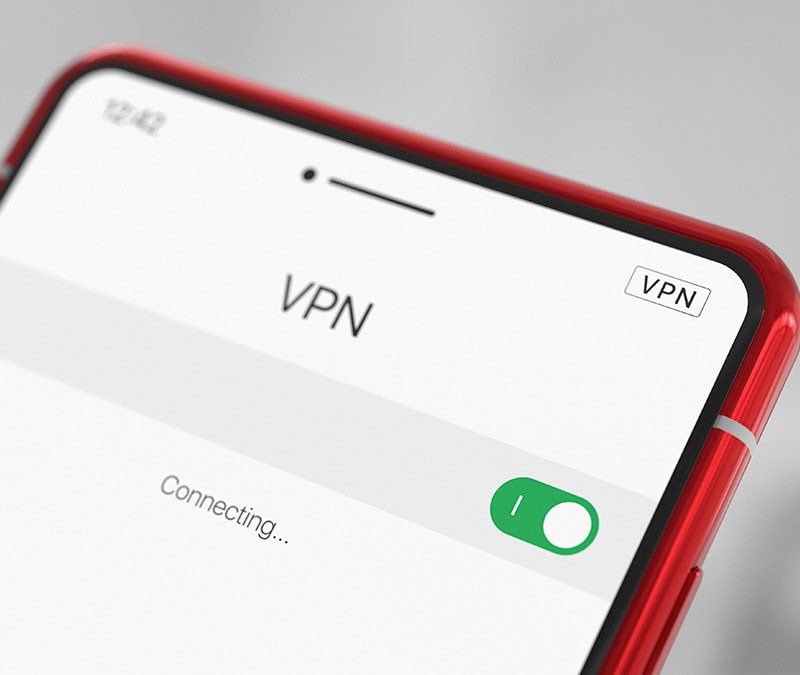
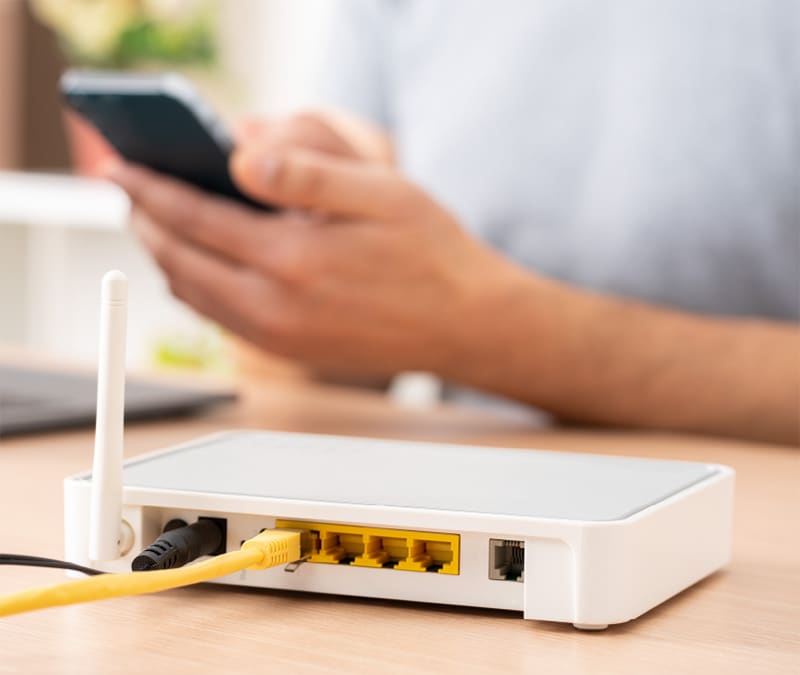


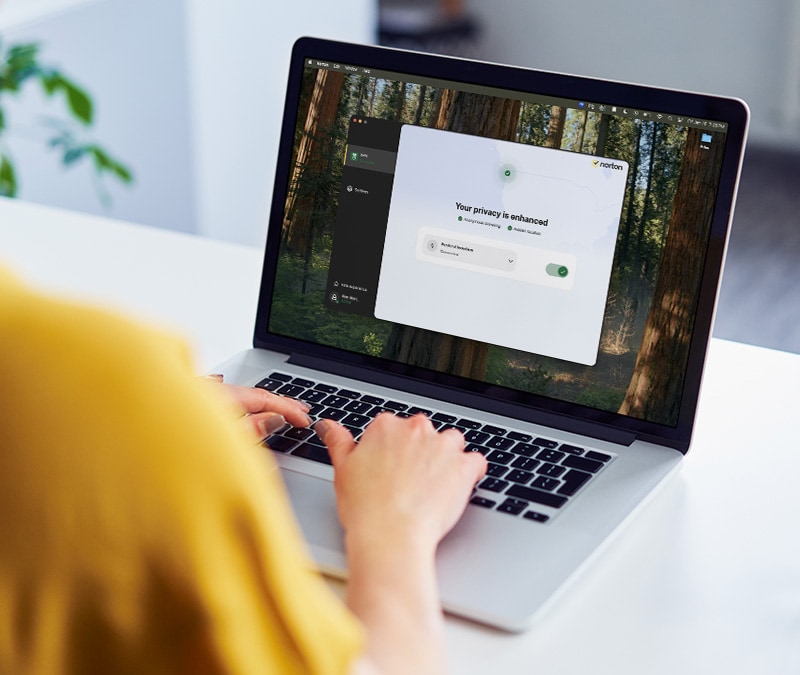

Want more?
Follow us for all the latest news, tips, and updates.